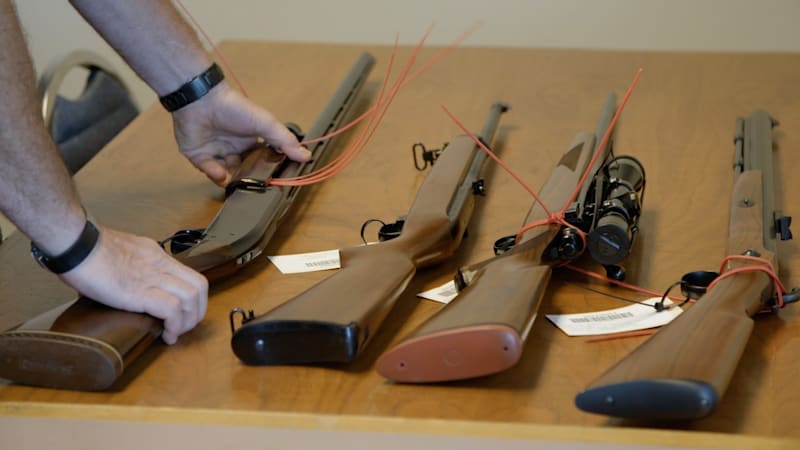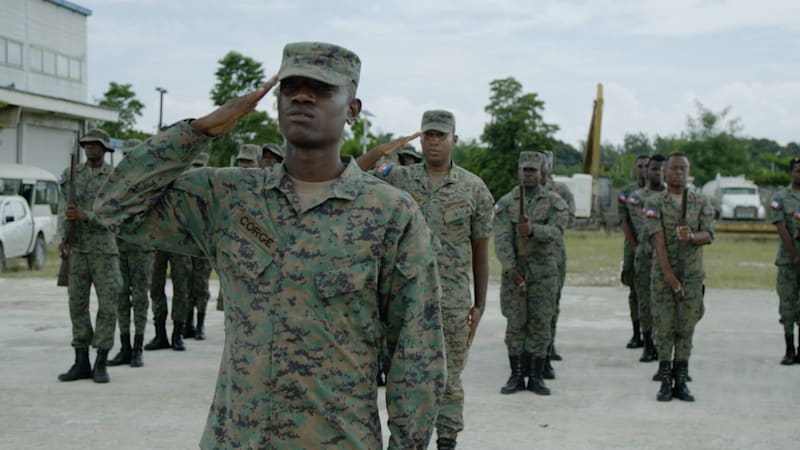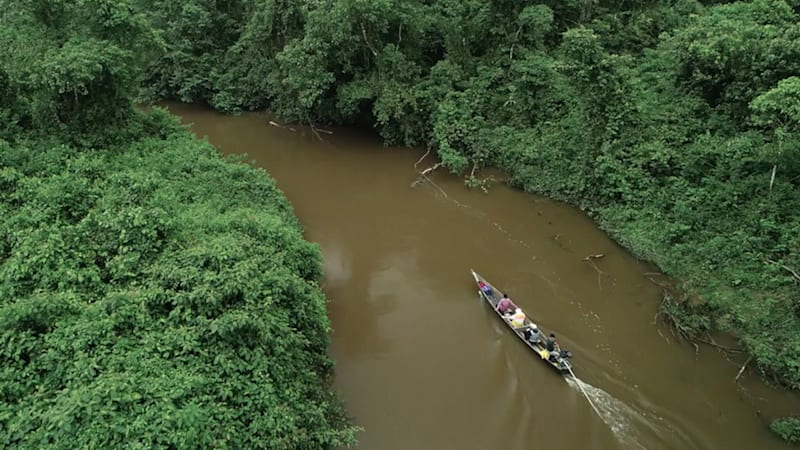October • 2016
Harriet pitched us an interesting story, and shot it well, and filed on time and on budget. We were impressed by her creativity, and we’d be happy to use her again. - Sakhr Al-Makhadhi

London, UK
1 review$800 - $2000 / Day
Request a demoCurrently based in London, Harriet is a British journalist, photographer and filmmaker. An experienced director, shooter and producer, Harriet's work has been featured by multiple major publications, including: HBO, VICE News, BBC World, BBC News, CNN Money, CNN International, CNN Arabic, Smithsonian Magazine, Slate, The Financial Times and ABC Australia. She forms part of the cinematography team behind REFUGEE, a feature length documentary released early next year. A founding member of the production team for VICE New Tonight on HBO, Harriet worked as an international producer for the show, covering global conflict and affairs. Harriet holds an M.S. in journalism from Columbia Journalism School, an MA in documentary photography from London's University of the Arts, a degree in modern history from the University of Oxford and is a lawyer of England & Wales.
October • 2016
Harriet pitched us an interesting story, and shot it well, and filed on time and on budget. We were impressed by her creativity, and we’d be happy to use her again. - Sakhr Al-Makhadhi

Za'atari Refugee Camp, in Jordan, is now home to over 79,000 Syrian refugees. Established in 2012, the site - just 12 miles from the Syrian border - has grown at a rapid and organic rate, with over 3,000 businesses now operating within its boundaries. Four years ago, this area was a desert - claimed by the UNHCR - as the conflict drove millions from their homes.

In late May 2018, the Seattle Police Department knocked in the door at Brian Smith’s house and did exactly what many Second Amendment advocates say is their worst fear: they came for his guns. They were able to do that because of a relatively new Washington State law that allows the government to seize firearms from a person who has been deemed to be a danger to himself or others — even if he is otherwise legally able to own guns. It’s called an extreme risk protection order, or ERPO, and it’s quickly becoming one of the only pieces of gun-control legislation to make it through state legislatures.

Haiti hasn't had a military since 1995, when it was disbanded after a series of coups, brutal crackdowns, and an American intervention. But now, officials there say it's time for a comeback. Last year, President Jovenel Moïse declared that the Caribbean's poorest nation would be reconstituting its army, just in time for the drawdown of United Nations troops, who have been part of the Haitian security landscape for years. For the past two decades, responsibility for law and order has largely fallen to the country's National Police, a force that is heavily funded, and heavily vetted, by the U.S. According to official polls, the renewed army has the support of the majority of the population, where the U.N. is widely seen more as a force of instability and foreign control, rather than peace. But on a recent visit to the country, VICE News learned that many Haitians remain deeply skeptical of the plan.

Produced for Vice News
In 2006, Keith Barron found the largest gold deposit in Ecuador's history, changing both his life and, potentially, the future of the entire country. Ecuador is one of the most mineral-rich countries in the world, but the vast majority of the land is still unexplored because the terrain is mostly mountains and jungle. So for almost a decade, foreign explorers were banned from Ecuador in order to give the country time to establish a formal royalty system and implement an official set of regulations. The ban was finally lifted two years ago. Now that it's over, foreign explorers are rushing back to see what they can find, and some, like Barron, think they're close to finding the next big treasure. We traveled to the Amazon to see what modern-day gold hunting looks like, how Ecuador is dealing with its new gold rush, and whether Barron is actually about to strike gold again.

Produced for Vice News
U.S. Defense Secretary James Mattis went to Capitol Hill on Monday to ask for an extension of the Authorization for Use of Military Force, a law that dates back to shortly after 9/11, which authorized the president to deploy the U.S. military to combat terror organizations without asking for permission from Congress. This fall more than 4,000 more U.S. troops will be deploying to Afghanistan, a conflict authorized by the law and now in its 17th year. The U.S. already has around 8,500 troops on the ground in the region, but this new effort is a bid to boost a combat force tasked with destroying the Taliban, which has been gaining ground against Afghan government forces. We joined the 3rd Infantry Division of Fort Stewart, Georgia, as a new generation of soldiers deployed for Afghanistan.

Produced for CNNI Newsgathering
Syrian refugee Hasan Ataya opened a Halal restaurant on the Greek island of Lesvos, as more than a thousand migrants travel through the island every day.
Camera
Audio
Miscellaneous
Production Support